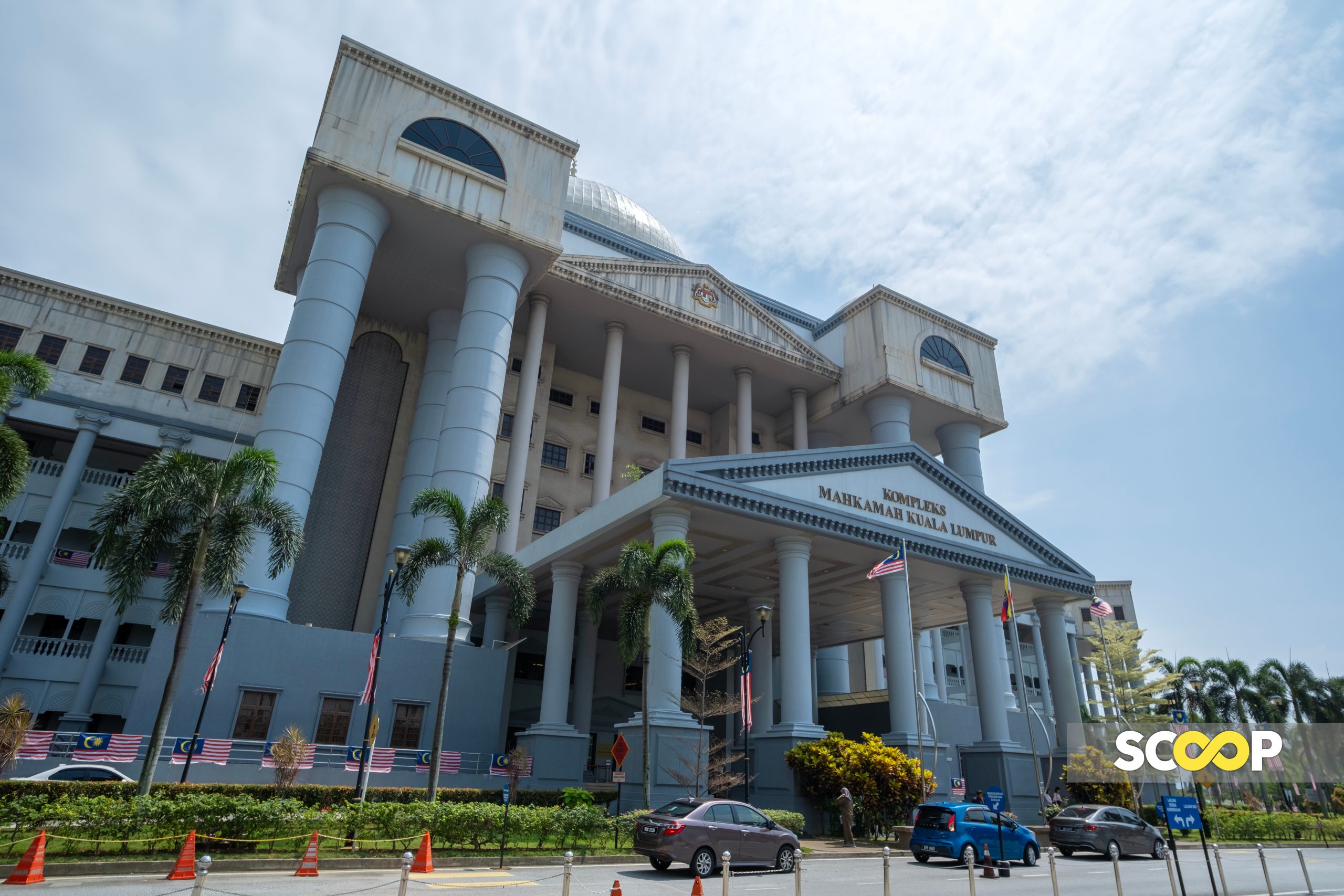IN the heart of Malaysia’s legal system, a glimmer of hope has emerged for those who seek justice and fair compensation in the face of medical negligence.
The recent development surrounding a medical negligence suit has sparked a renewed discussion about the values upheld within Malaysia’s judicial framework.
This development raises pertinent questions and may just pave the way for reconsideration in cases highlighted in my previous piece, “A bad compensation cut”, where the scales of justice appeared to tilt away from the vulnerable and towards the powerful.
Two years ago, the nation was gripped by a tragic case that shook the conscience of many. A young boy, just 10 years old, found himself at the centre of a medical negligence suit against the prestigious National Heart Institute and two doctors.
The suit came about after complications from surgery resulted in the amputation of the boy’s upper and lower limbs. It was a harrowing ordeal for the child and his family, one that no one should ever have to endure.
In a twist of fate, during a case management hearing on July 5, judicial commissioner Su Tiang Joo allowed the young boy to withdraw the suit based on a mutually agreed-upon settlement between the parties.
The terms of the settlement were recorded in court, and the suit was withdrawn due to the plaintiff’s representative’s lack of financial means to proceed.
However, what happened next is what has sparked fresh hope for those who have suffered due to medical negligence.
Just two days later, Su revisited the case and made a remarkable decision. He altered the terms of the order, removing the condition that denied the plaintiff “liberty to file afresh”.
Su’s decision was driven by a deep sense of justice and a concern for the boy’s future. He questioned whether it was fair to prematurely cut off the boy’s legal rights, especially when the merits of his claim had not been adjudicated due to his representative’s financial constraints.
In his written judgement, Su cited several compelling legal principles that underpinned his decision. He emphasised that there should be no wrong without a remedy at law, and the court has a duty to act “in loco parentis” for a child under disability.
Su also argued that past impecuniosity should not bar a fresh suit from being filed, as the court’s overarching duty is to do justice.
Su’s decision sends a powerful message about the importance of justice and fairness within Malaysia’s legal system. It challenges the status quo and offers hope to individuals who have suffered due to medical negligence and other injustices.
It also serves as a stark contrast to the recent decision where a 22-year-old man saw his damages award drastically reduced by the Court of Appeal.
In light of Su’s decision, it is imperative for the appeals judges to reconsider their stance. The case of the young boy serves as a poignant reminder that justice should never be elusive, especially when it comes to vulnerable individuals who have suffered life-altering injuries due to negligence.
The appeals judges must take into account the principles of fairness, compassion, and the duty to ensure justice for all Malaysians. They must consider whether the initial award of RM3.1 million, as determined by justice Datuk Akhtar Tahir, was indeed “too high”, as the Court of Appeal asserted.
They must weigh the profound physical and emotional trauma suffered by the young man against the financial burden placed on him due to the negligence of others.
In this pivotal moment for Malaysia’s legal system, the appeals judges have an opportunity to restore faith in the justice system. They can demonstrate that justice is blind to power and privilege, and that the suffering of ordinary Malaysians matters just as much as that of the elite.
As the nation watches and hopes, it is a time for the appeals judges to reflect on their responsibility to ensure a fair and just society.
The fate of not only the young man but also countless others who have suffered deserves nothing less. In the pursuit of justice, Malaysia must rise above the shadows of inequality and ensure that its legal system truly serves the needs of all its citizens, regardless of their social status or connections.
Only then can the scars of injustice begin to heal, and a more equitable nation emerge. – October 6, 2023
Ghazalie Abdullah is a public relations practitioner, a four-term past president of the Malaysian chapter of the International Association of Business Communicators, a fellow of the Public Relations and Communications Association of Malaysia, and a former TV3 newscaster

